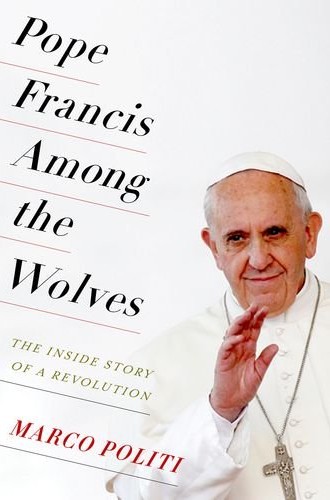Papal politics and perils
Catholic progressives love to read Marco Politi. Four years ago he published a book about Pope Benedict XVI in Italian. The narrative became a familiar one: Benedict was a theologian first and a leader second. Politi wrote speculatively about the 2005 conclave that elected Cardinal Ratzinger, and in this book he speculates about the conclave that elected Ratzinger’s replacement. His account is more revealing than anything yet published in book form about what happened among the cardinals in the Sistine Chapel on those days in March 2013.
Politi is a journalist of the highest standing in Rome. His sources are usually interviews, which are impossible to check. This book is the result of access. I counted a half dozen cardinals from the 2013 conclave that Politi quotes as unnamed sources. One says, “At the moment of the decisive vote, we felt joy. The rapidity gave us a sense of relief.” Others he quotes by name: “In the conclave I felt like a pen in the hand of God” (Cardinal Antonio Maria Vegliò).
Politi offers Benedict XVI a backhanded compliment: the emeritus pope’s resignation made possible a golden Catholic moment. In a Politi’s estimation, Benedict XVI is a “tragic figure” who saw problems, wasn’t capable of facing them, and was willing to take the fall, hoping that the one who replaced him could do what he could not.






